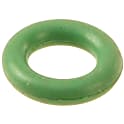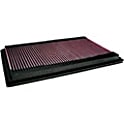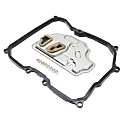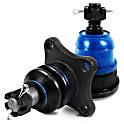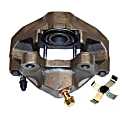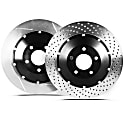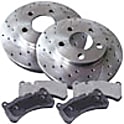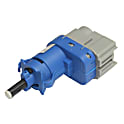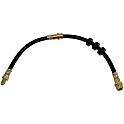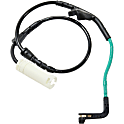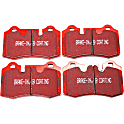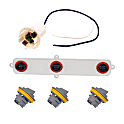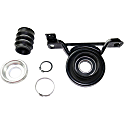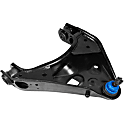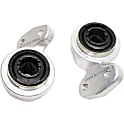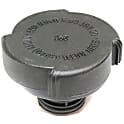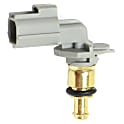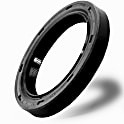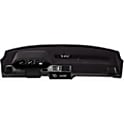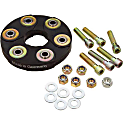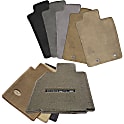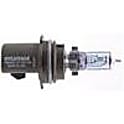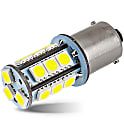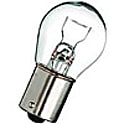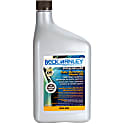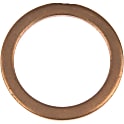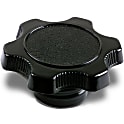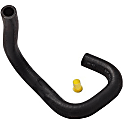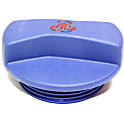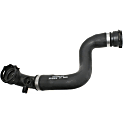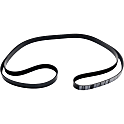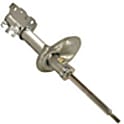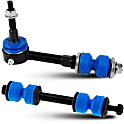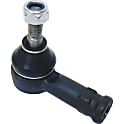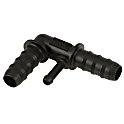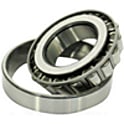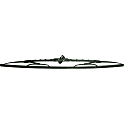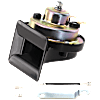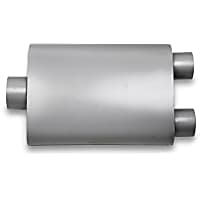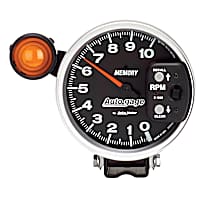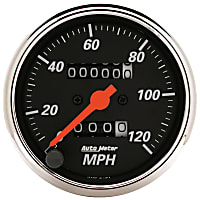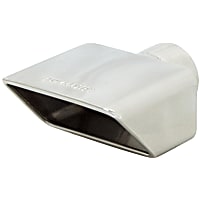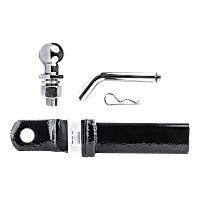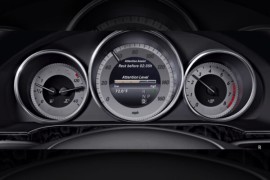{
"lazyNodes": false,
"abFitnotesFlag": false,
"abCrawlReviews": true,
"productOptionsCookie": false,
"orderDelayFlag": false,
"skipSessionCookie": false,
"covidMessage": false,
"fullTitleCookie": false,
"nrLoggerCookie": true,
"checkoutReviewCookie": false,
"productOptionSeqCookie": false,
"maintenanceFlag": false,
"bufferETACookie": false,
"multiShippingDiscountFlag": false,
"newFitmentFlag": false,
"surveyOptInFlag": true,
"crossSellFlag": false,
"skuMappingFlag": false,
"paySplitCookie": false,
"callDisableFlag": true,
"zipPaymentFlag": "c",
"hassleFreeReturn": true,
"lifetimeReplacement": true,
"cpn_off": false
}Need help?Chat with us

Mercedes Benz 190D Parts & Accessories
Find the right parts fasterSelect your vehicle
Select Your Vehicle Part
Top Rated Products
Popular Products
Product Questions & Answers
Q:How to install myself and which tools Rear passenger bearing for a 2004 Mercedes C230 Kompressor? Show Less
Nay A.
A:BEST ANSWERInstalling a rear passenger wheel bearing on a 2004 Mercedes-Benz C230 Kompressor can be a complex and involved process, and it is recommended to have a professional mechanic perform the installation. However, if you have experience with automotive repair and access to the proper tools, you may be able to perform the installation yourself.
Here is a general outline of the process:
Jack up the car and secure it on jack stands.
Remove the wheel and tire.
Remove the brake caliper, rotor, and hub assembly.
Remove the axle nut and separate the axle from the hub assembly.
Remove the cotter pin and castle nut that secure the outer bearing to the hub assembly.
Remove the outer bearing, seals, and dust cover.
Clean the hub assembly and inspect for any damage or wear.
Install the new bearing, seals, and dust cover.
Reassemble the hub assembly, axle, and brake components.
Install the wheel and tire.
Tools you may need include:
Jack and jack stands
Wheel chocks
Lug wrench
Impact wrench
C-clamp or brake caliper compression tool
Pliers
Punch or drift
Socket set and wrenches
Bearing race and seal driver set
Torque wrench
It is important to follow the manufacturer's instructions and torque specifications when installing the wheel bearing. If you are unsure of your ability to perform the installation, it is recommended to have a professional mechanic perform the work to ensure the safety and reliability of your vehicle. Show less
Roberto B.
1 Question, 1 AnswerView all Q&As >
Vehicle Years
Helpful Automotive Resources
What Is an i4 Engine? Breaking Down the Power Source of the AMG A45 SBut what about the classic i4 engine?
A Closer Look at the Old-Fashioned i4
What Does the “Attention Assist: Take a Break” Message Mean for Mercedes-Benz Vehicles?But perhaps some of the most commendable changes in the average daily driver is the inclusion of advanced safety features. These features can vary, depending on the manufacturer. But for this particular article, we’ll be talking about Mercedes-Benz’s attention assist feature.
A Closer Look at the Mercedes-Benz Attention Assist Feature
German Cars That Are Worth Every PennyDrivers from around the world have their favorite picks, and most of their choices are affected by their preferences regarding the vehicle’s origin.

